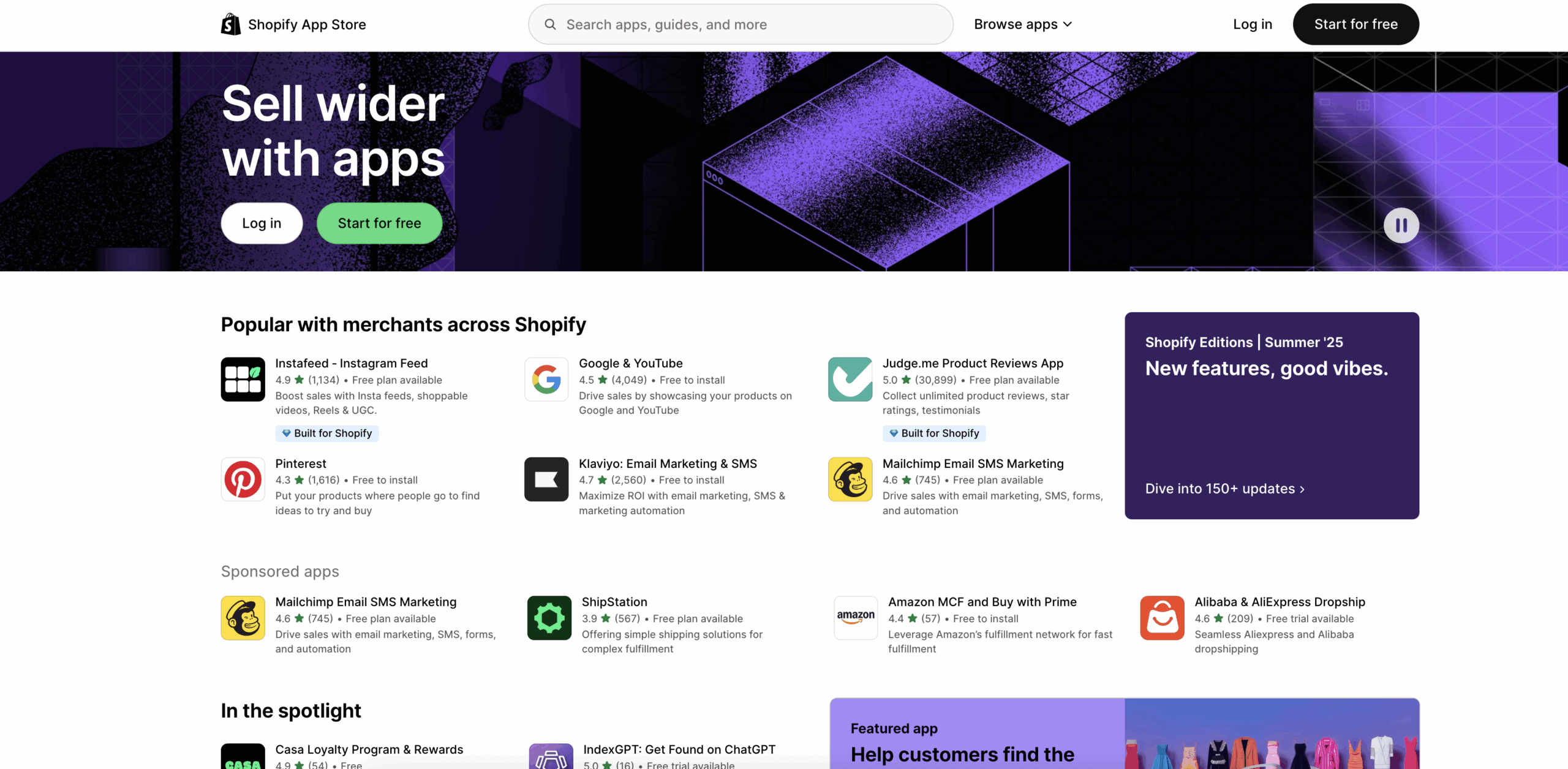If you’ve ever asked yourself, “How do I make my product more sustainable?” the first place to look isn’t your packaging or marketing; it’s your materials.
Sourcing is the foundation of every product you sell. The raw materials you choose have the most significant impact on your business’s footprint, and they often decide whether your product can truly be called sustainable.
The good news? You don’t need to be a massive brand with endless resources to start sourcing sustainably. With a few small shifts and the right questions, you can take meaningful steps toward products that reflect your values and earn customer trust.
Why Materials Matter Most
When we talk about sustainable products, most people think of compostable packaging or recycling. While those things matter, the biggest difference happens before your customer ever opens a box.
Sourcing determines:
- How much water, energy, and chemicals are used to create your product
- How workers are treated in the supply chain
- Whether your product can be recycled, reused, or composted later
If your materials aren’t sustainable, it’s hard for your product to be sustainable either.
This is where businesses often underestimate their influence. Customers don’t just want a “green product.” They want to know that what they’re buying aligns with their values. If you can say with confidence that your materials are responsibly sourced, you’ve already set yourself apart from competitors who lean on vague claims.
What Are Sustainable Products Made From?
The answer varies, but most sustainable products use one of three types of materials:
- Natural materials like organic cotton, bamboo, hemp, cork, or wool
- Recycled materials such as post-consumer plastics, metals, or paper
- Regenerative resources that can renew quickly or biodegrade safely
These are the materials that reduce your environmental footprint while providing a stronger story to share with your customers.
For example, recycled polyester made from plastic bottles doesn’t just reduce waste, it also allows you to market your product with a story that resonates. Customers love knowing their purchase helped remove waste from the environment.
Organic cotton is another great example. It uses less water, reduces the need for pesticides, and promotes healthier soil.
Sharing these details builds credibility and educates your audience on why your business made that choice.
How to Ask Suppliers the Right Questions
If you’re a small business, you’ve probably worked with suppliers that aren’t entirely transparent. That’s normal, but it doesn’t mean you shouldn’t ask questions.
Here are a few to start with:
- Where are these materials sourced from?
- Do you have certifications that verify your sustainability claims?
- Are recycled or organic options available?
- What’s the minimum order quantity for those options?
You’ve got more power than you think. When small businesses push suppliers to provide transparency, it creates demand for better practices.
One practical step is to send a simple email. Something like:
“We’re committed to improving the sustainability of our products. Can you share details on where these materials come from and whether recycled or organic alternatives are available?”
Even if the answer is no, you’ve signaled that sustainability matters to you. Enough businesses asking these questions nudges suppliers toward making changes.
Red Flags and Greenwashing to Watch For
Not every “eco” material is what it appears to be. Be cautious when you see vague claims like “sustainably made” or “green materials.” Unless the supplier can back it up with details or certifications, it might be greenwashing.
Some red flags to look out for:
- Certifications you can’t verify
- Buzzwords with no data to support them
- Materials labeled “biodegradable” without context (many still break down as microplastics)
Trust your instincts. If something feels too good to be true, it probably is.
Small Swaps That Make a Big Difference
Sourcing sustainably doesn’t mean doubling your costs. You can start small:
- Replace conventional cotton with organic cotton
- Choose recycled polyester over virgin polyester
- Swap plastic packaging for recycled paper
Even one swap gives you a story you can share with customers, and shows them you’re committed to progress.
And remember: sustainable businesses rarely become “perfect” overnight. It’s often about making intentional, step-by-step improvements. Sharing those small changes openly can strengthen your customer relationships and build trust.
Bringing It Back to Your Business
Sourcing is the biggest opportunity for small businesses to make their products sustainable. By asking suppliers better questions, avoiding vague claims, and making small swaps, you’ve got a better chance at reducing your footprint and earning customer trust.
Here’s a simple checklist to start with:
- Pick one material you want to improve
- Ask your supplier if recycled or organic options are available
- Verify claims before repeating them in your marketing
- Tell your customers what you’re working on
Remember: sustainability’s a journey. You don’t need to get it perfect on day one. Start where you are, use the resources you have, and make one better choice at a time.
Your customers don’t expect you to have all the answers, but they do expect you to be transparent about the steps you’re taking. And that’s what sets truly sustainable businesses apart.
Hi! If we haven’t already met, I’m Laura! Consultant, mentor and author of this little blog. I help small to mid-sized sustainable merchants build eco-friendly stores and ethical stories their conscious customers deserve. If you liked this post and want to learn more, here are a few ways you can connect with me:
- Join my email list: For a bi-weekly dose of sustainable eCommerce insights, tips for ethical brands, and the occasional behind-the-scenes look at how I help eco-conscious merchants like you succeed.
- Explore my services: Let’s work together to bring your green vision to life and build an online presence that stands out from the conventional crowd.
- Dive into my blog: Find more posts like this one, covering everything from eco-conscious customer personas to ethical email marketing and beyond.
If you have any questions about sustainable eCommerce or just want to say hi, feel free to send me an email or connect with me on Instagram. I’d love to hear from you! Until next time.
Cheers,
Laura






